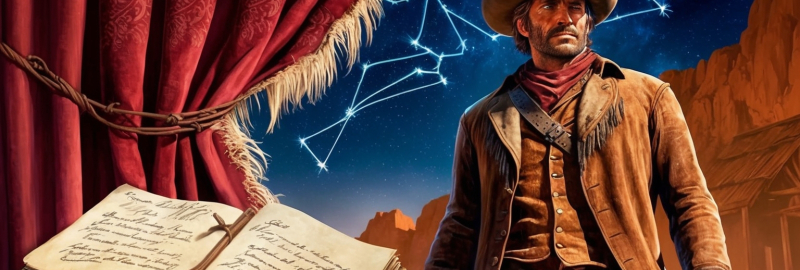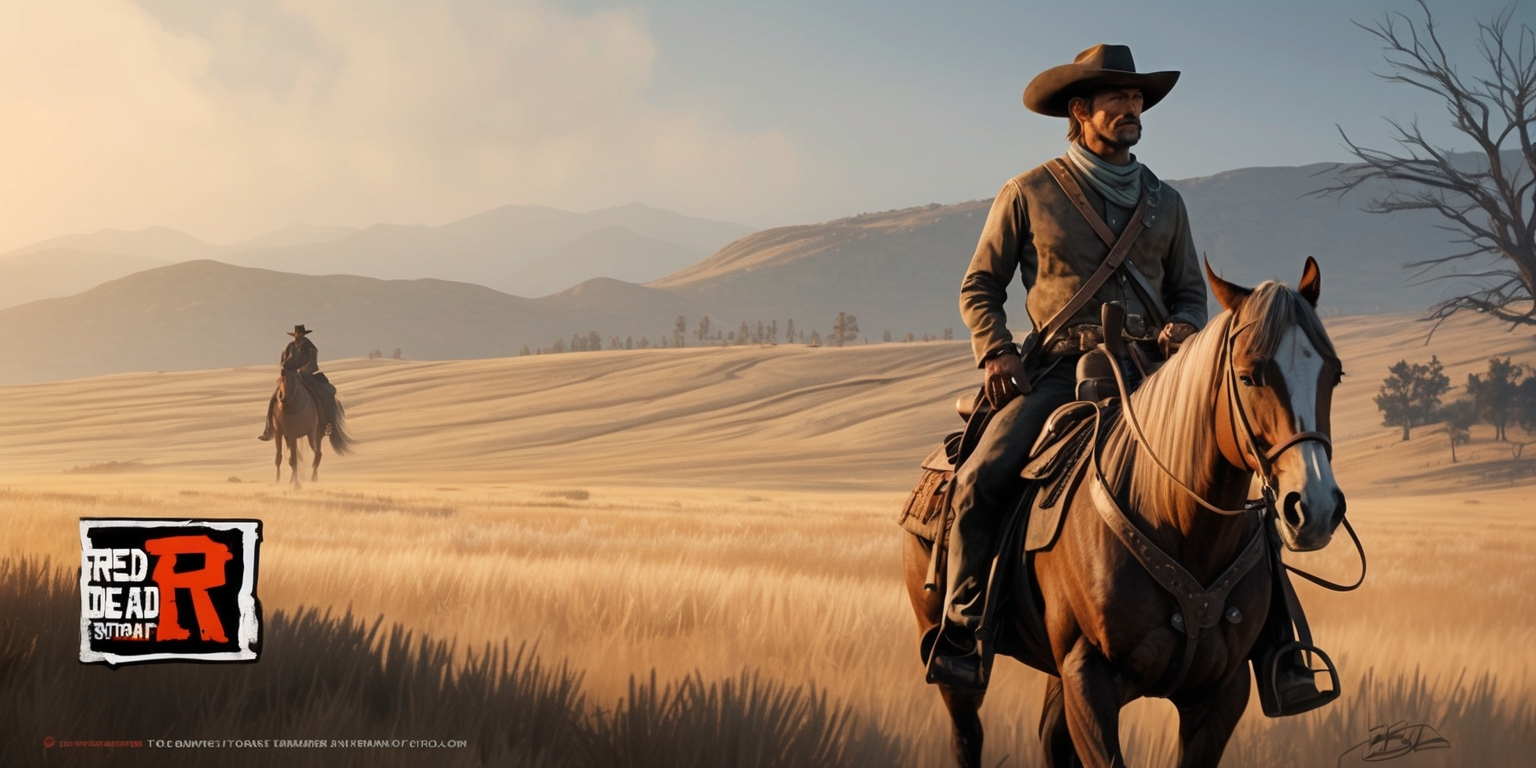
Rockstar Games has positioned itself as a powerhouse in the gaming sector, recognized mainly for its dynamic and sprawling open-world experiences. Among all its illustrious titles, one game stands out distinctly: Red Dead Redemption 2. An interactive experience that features shattered sales records and captured the hearts of players and critics alike, its journey to completion was fraught with challenges. Surprisingly, at one point, the team was unsure if they could pull it together. In this exploration, we will delve into the making of this iconic title, the obstacles encountered, insights gained, and the road ahead of the franchise.
Epic Scale of Development
When Rockstar Games embarked on Red Dead Redemption 2, they set their sights on creating an unparalleled gaming experience. The ambition behind the game was enormous, aiming to weave a narrative set in a rich, engaging world inspired by the American frontier during the latter part of the 19th century. The scope was not just about graphics; it was about crafting a living, breathing environment.
The Commitment Dilemma
Dan Houser, a pivotal figure during the game's creation, candidly shared that the team faced a crossroads. Had they anticipated the enormity of the undertaking, they might have reconsidered their commitment. However, once they began the journey, it became clear they were in too deep to turn back. This level of commitment showcases the dedication Rockstar has to delivering memorable gaming experiences.
Evolution of the Franchise
The original Red Dead Redemption was a significant success, but the sequel needed to elevate the series to new heights. Rockstar built upon the foundation laid by the first game, taking beloved aspects that fans cherished and enhancing them exponentially. This led to a more immersive environment that seemed more akin to an experience than a game and more like an actual world.
The Learning Curve

Every project presents its own set of learning experiences, and Red Dead Redemption 2 was no exception. Although the game eventually became a critical and commercial success, the lessons learned throughout its development could shape future titles. The roadblocks faced during development highlighted areas for potential growth and innovation.
A Labor of Love
The incredible level of intricacy and diligence invested into Red Dead Redemption 2 is a testament to the passion of its developers. Rockstar engaged in an eight-year development cycle, a rarity in the industry. This dedication resulted in a game that offered unprecedented levels of realism— players could interact with the environment in ways previously unheard of in gaming.
Online Mode Insights
While the core game was widely celebrated, the online mode received mixed reviews. Rockstar seems to be learning from this experience, acknowledging that online play requires as much attention to detail as single-player content. Future installments might reflect a more refined approach to multiplayer elements.
Franchise Future Speculation
The achievement of Red Dead Redemption 2 has certainly put the franchise in a favorable light, yet the future remains murky. Hints and rumors swirl concerning a potential sequel, leaving fans eager for any updates. The gaming community is abuzz, pondering what the forthcoming section in the series might entail.
Corporate Insights
Take-Two’s leadership has highlighted the enduring appeal of franchises like Red Dead Redemption. In recent discussions, they underscored that games that resonate deeply with players have a staying power that can transcend time. The lasting popularity of the game suggests that there is still much to explore within this universe.
The Challenge of Meeting Expectations
Following the revelation of Grand Theft Auto 6, initial projections suggest that players may need to wait for a new Red Dead Redemption installment. However, this is not merely a setback; it reflects Rockstar's commitment to quality over speed. Striking the perfect balance between player expectations and creative integrity will be crucial for future titles.
Cultural Impact
Red Dead Redemption 2 transcends the realm of gaming; it has evolved into a significant cultural landmark. The way it weaves together narrative, character arcs, and thematic explorations such as loyalty and redemption have led to significant conversations in various circles. The game's influence is clear in how it connects beyond gaming communities.
The Art of Storytelling
Storytelling is at the heart of Red Dead Redemption 2. The narrative structure, character arcs, and emotional depth have received praise for their organic integration into gameplay. A focus on character relationships and moral decisions amplifies the player's connection to the story, making their choices feel significant.
Technological Advancements
Innovative technology played a role in evolving the gameplay experience. From advanced motion capture techniques to groundbreaking AI systems, Rockstar has set a high standard for what players can expect. The technology not only enhances graphics but also enriches interactions within the game world.
Player Engagement and Community
Rockstar understands the importance of player engagement. Community feedback was crucial in the success of Red Dead Redemption 2, helping the developers gauge what fans loved or desired in a gaming experience. This two-way interaction lays the groundwork for sustained franchise loyalty and growth.
Legacy and Longevity
The lasting impact of Red Dead Redemption 2 is already cemented in the annals of gaming history. Its impact on narrative design, open-world gameplay, and player engagement makes it a reference point for future games. The studio's decisions today will undoubtedly echo for years, shaping how audiences perceive and consume games.
Final Thoughts
The journey of creating Red Dead Redemption 2 is a complex tapestry woven from ambition, challenges, and triumphs. It stands as both a conclusion and a new beginning for the franchise. As gamers await further developments, one thing remains clear: Rockstar is committed to delivering unforgettable experiences that resonate with players. With patience and creativity, the future chapters of this iconic series hold the promise of new adventures and stories just waiting to unfold.